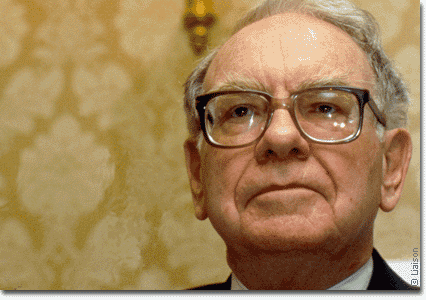Every year at about this time, Warren Buffett, the world’s most legendary (and richest) investor, makes his annual letter to shareholders public. As always, the 2007 letter is a good read (its labelled “2006” because its a report about last year). Now that he knows how many people read the letter (and without any competition it is the most read page of Annual Financial Statements anywhere in the world), his letters have taken on a slightly more self-aware tone (read the full archives from 1977 here).
As always, this year, his thoughts range quite widely. A few parts caught my attention:
- His company increased in value by $ 16.9 billion in 2006 – the biggest single year value gain in corporate history (or so they think). Berkshire-Hathaway owns more than 60 companies, including insurance, clothing, furniture, jewelry and candy companies, restaurants, natural gas and corporate jet firms and has major investments in such companies as Coca-Cola, Anheuser-Busch and Wells Fargo.
- He has announced his retirement, but still don’t have a successor for him. But he is not handing over to children, nor ducking the decision. That would be to risk, in his own words, “decay… accompanied by my delusionally thinking that I am reaching new heights of managerial brilliance”.
- “Our most important business, insurance, benefited from a large dose of luck: Mother Nature, bless her heart, went on vacation. After hammering us with hurricanes in 2004 and 2005 — storms that caused us to lose a bundle on super-cat insurance — she just vanished. Last year, the red ink from this activity turned black, very black.”
- Buffett expresses regret at the passing of traditional climate patterns, and had similar sentiments for the glory days of the newspaper industry (another big industry for Berkshire-Hathaway), where he thinks that “eroding fundamentals will overwhelm managerial brilliance”. Even if “non-economic buyers” emerge for newspapers “the ‘psychic’ value of possessing one will wane”.
- Buffett does not expect that upcoming disclosure rules will put a stop to “astronomical” executive compensation, often unrelated to performance. That will “only occur if the largest institutional shareholders – it would only take a few – demand a fresh look at the whole system”.



